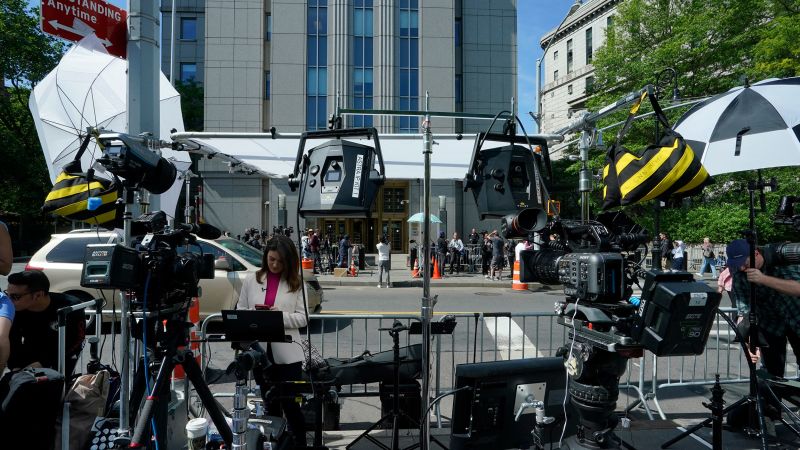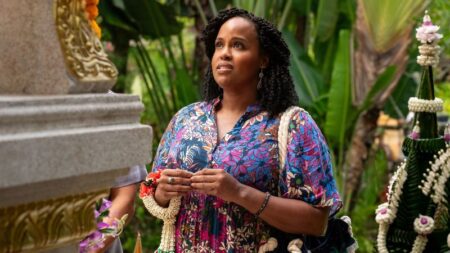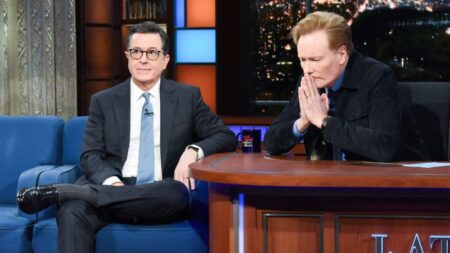The ongoing legal trials involving high-profile celebrities have drawn significant public interest, particularly when they touch on sensitive subjects such as domestic violence and issues concerning race. Central figures like Sean “Diddy” Combs and O.J. Simpson have not only been embroiled in serious allegations—ranging from sex trafficking to murder—but have also sparked conversations that continue to resonate within society. While the nature of their alleged misconduct may differ, the cultural implications and public engagement surrounding their cases reveal evolving societal attitudes towards accountability.
Sean Combs’ legal troubles in 2025, which include allegations of sex trafficking, racketeering conspiracy, and the transportation of individuals for prostitution, echo the sensationalism of O.J. Simpson’s infamous trial in 1995, which captivated the nation. Simpson was acquitted of the murder of his ex-wife, Nicole Brown Simpson, and her friend, Ron Goldman, sparking what has often been termed “trialtainment.” The media frenzy surrounding such cases provides a relentless stream of information, a phenomenon that continues to be prevalent today. According to entertainment law expert Lisa Bonner, the context has changed significantly, driven in part by the cultural shift accelerated by the #MeToo movement, allowing women to feel more empowered to speak out against abuse.
The murder trial of O.J. Simpson took place during a pivotal moment in American history, notably following heightened awareness of police brutality against the Black community, exemplified by the vicious beating of Rodney King in 1991. This social backdrop galvanized public sentiment, especially among African Americans who largely rallied around Simpson. Fast forward to the present, and the dynamics have shifted considerably. Bonner notes that while Simpson garnered overwhelming support from his community, Combs is facing a more complex landscape, where a significant portion of his support has waned, particularly after public revelations of domestic violence that surfaced through hotel surveillance footage.
In the wake of these high-profile cases, experts such as Nicole Branca, CEO of New Destiny Housing—a nonprofit that aids survivors of domestic violence—argue that the visibility of celebrity trials can serve a dual purpose: they hold offenders accountable while also encouraging victims to share their stories. Branca highlights the importance of such coverage, suggesting that the scrutiny surrounding celebrities can empower individuals facing similar situations to come forward without fear. The recent introduction of legislation in New York City aimed at training first responders to identify traumatic brain injuries, common among domestic violence victims, illustrates a growing recognition among authorities of the need to take such issues seriously.
Moreover, the public discourse around domestic violence has changed substantially. Bonner emphasizes the cultural shifts over the past three decades. Specifically, the considerable progress made by the #MeToo movement has paved the way for survivors like Cassie Ventura to pursue legal action against their abusers. Ventura’s civil suit against Combs in 2023, which swiftly settled the day after filing, embodies the shifting tides of public opinion and awareness. Bonner asserts that legal accountability for abusive behavior by men in positions of power is increasingly seen as unacceptable, marking a significant departure from past attitudes.
The #MeToo movement, which gained global prominence following allegations against film producer Harvey Weinstein in 2017, has roots extending back to activist Tarana Burke’s efforts a decade prior. This framework has emboldened numerous women to come forward with allegations against various powerful men, now creating a societal expectation for transparency and accountability within celebrity culture. In today’s context, Bonner suggests that the legal challenges faced by celebrities allow for a peek behind the curtain—revealing personal turmoil often concealed from the public eye.
As we witness the unfolding of Combs’ trial amid the rise of social media, the incident resonates with many who examine the nature of celebrity culture and its implications on privacy, justice, and public discourse. An estimated 150 million viewers watched O.J. Simpson’s verdict in 1995, a direct reflection of society’s appetite for sensational cases. Although Combs’ trial lacks the same level of televised spectacle, the dialogue generated online enables continuous engagement with the case, emphasizing a broader societal involvement in the issues at play. Ultimately, as Bonner remarks, these trials offer society a chance to reflect and engage in conversations that are often uncomfortable, addressing the nuanced realities of domestic violence and racism within the lens of celebrity status.











